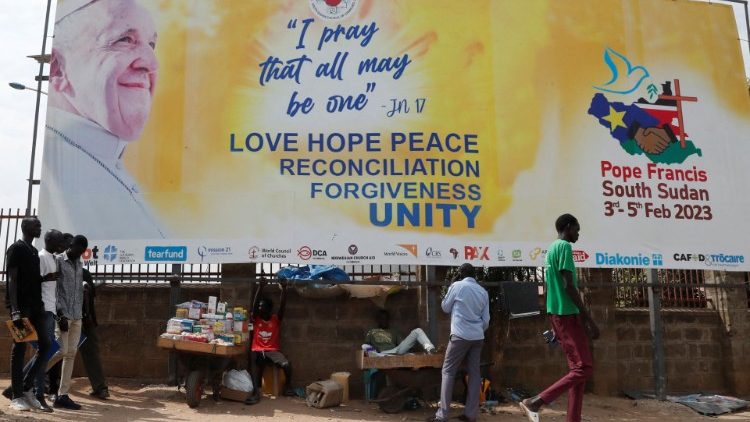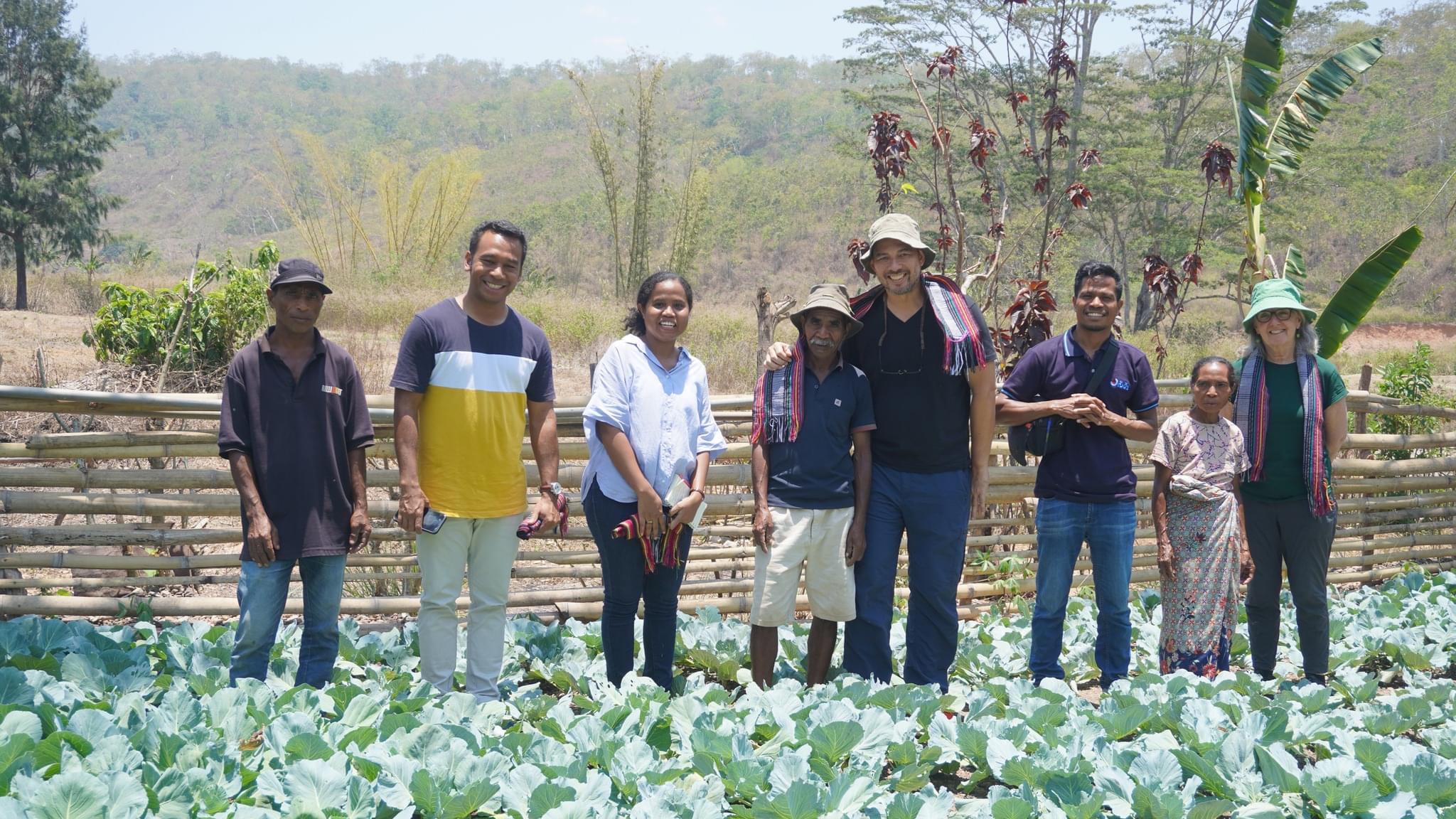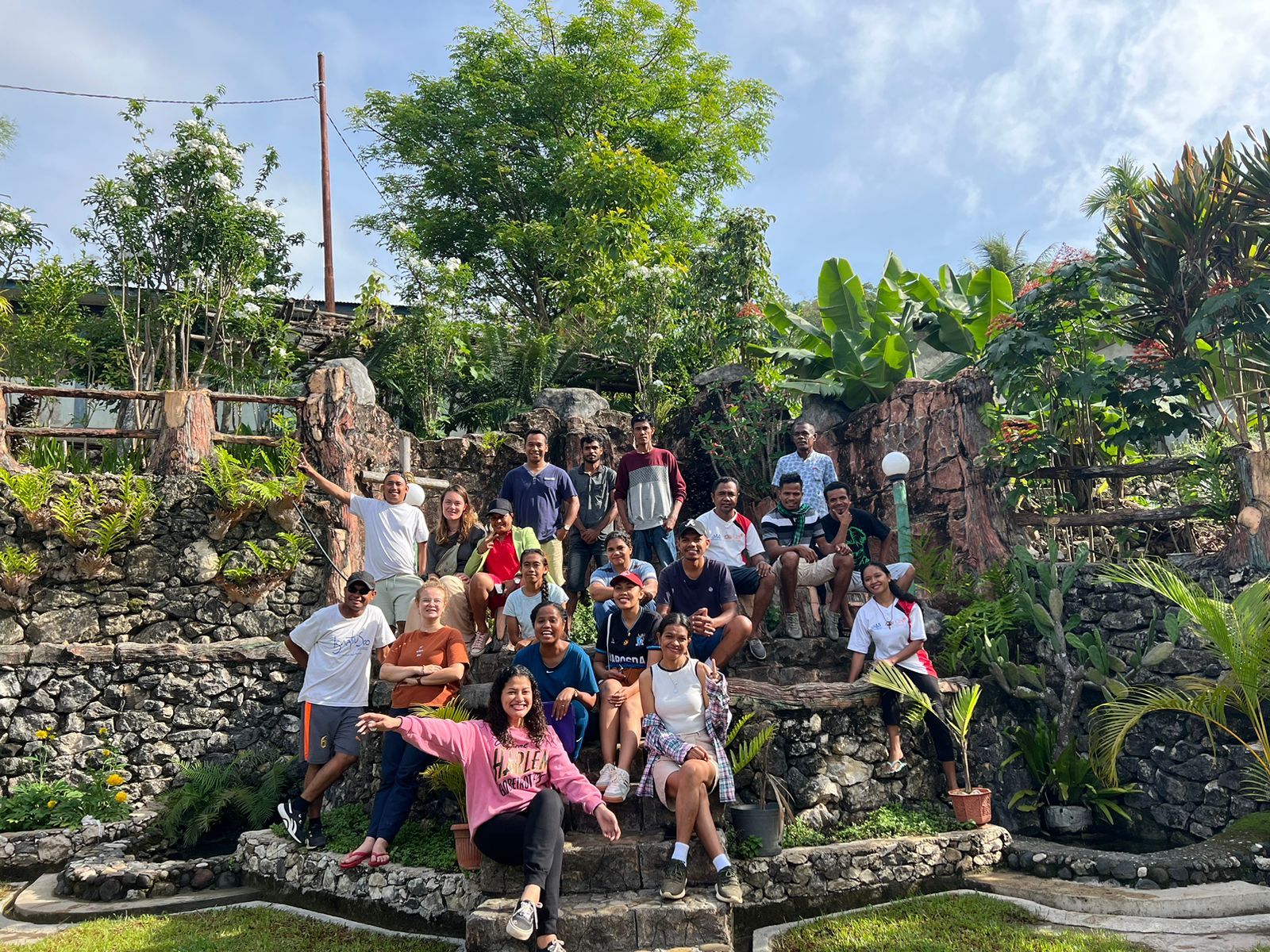A Migrant Accompanying Migrants
From the moment I was assigned to study theology in Brazil, I knew that it was going to be a challenge: a new culture, a new language, a new way of being Jesuit. And I wasn’t wrong. The first months were difficult and unsettling. Many times I had to ask myself what I was doing here, but at other times I delighted in being immersed in a new and fascinating culture.
In the midst of it all I experienced a clear certainty that living with Jesuits from all Latin America was something that set my heart afire. This experience led me into a personal search that I shared with my community.
I felt clearly that the Lord was asking more of me. He was inviting me to go beyond my narrowness and let myself be surprised by reality. At the same time, I felt called to envision the Society in companionship with others.
It was in this context that a fellow Jesuit invited me to teach Portuguese classes two hours a week to Haitian immigrants who were arriving in the city. My first reaction was astonishment: a foreigner teaching other foreigners a language that is not his own! What could be more absurd, I thought! Nevertheless, I accepted the challenge because I sensed that I had something to share. Apart from how little I knew about either the Portuguese language or the students’ language, I had a valuable experience to transmit. And again, I was not mistaken.
Two hours a week turned into whole weekends. I began to meet new friends who had difficulty with the language or who were disoriented by the new culture. They experienced moments of happiness and moments of sadness; in fact, their experience was similar to my own. That’s when I began to feel like a migrant among migrants.But I also began to discover the many differences between their stories and mine. I learned about the difficult and dangerous routes they had to travel to reach Brazil. I learned about their sadness at having to live so far from their families. I learned how difficult it was for them to be accepted in a society that was not prepared to receive foreigners. In a word, I felt identified and united with all these companions of diverse nationalities, both Jesuits and non-Jesuits, both men and women. Because of this solidarity our little team was able to offer more effective and studied answers, and we eventually set up an office to help migrants with their problems.
Starting on 15 November 2013, we have begun to give more a organized response to the migrants’ problems. Assisted by local and national institutions, our group includes Brazilian Jesuits and Brazilian Daughters of Jesus as well as people from other countries, including many Haitians who collaborate with our work. Our short- and medium-term goals are to offer accompaniment which will help Haitians, and us as well, to become better integrated into Brazilian society and to have the same opportunities as others.
For me personally, two things have stood out in this process. The first is the experience of working with a team to discern the reality of structural injustice that is usually hidden from the eyes of most people. Under the assumption that people are not equal, unjust structures establish barriers based on economic indices, and the consequence is widespread impoverishment in many countries. The second valuable experience for me has been relating to Haitians as friends. We don’t distribute food, we don’t give out money, we don’t offer people work—we simply offer them a path that we ourselves have traveled: learning the language, getting documented with the federal police, developing relations with Brazilians, etc.
At no time have I spoken of Jesus, the Kingdom, or the Gospel because the Haitian immigrants and the team I work with are of different religious beliefs. At every moment, however, I have felt that I am following Jesus, that I’m living fragments of the Kingdom, and that the Gospel is becoming flesh in my accompaniment of the immigrants. We are striving for a world without borders where no human being is illegal. We are striving for an inclusive society where the differences of color and race give rise to joy and not to violence.
My theology studies have taken on new meaning. I realize that it’s not merely an intellectual effort but an attempt to see with the eyes of Jesus and to understand reality with the help of theological tools. I feel like a Jesuit in “act” and not just in “potency,” not just waiting to be ordained before I can dedicate myself to the service of faith and the promotion of justice. I believe in a Society that is becoming ever more Latin American and ever closer to those who suffer most. We do this not simply as an option but because being with the poor makes us happy. When we love them deeply, we want what is best for them.




